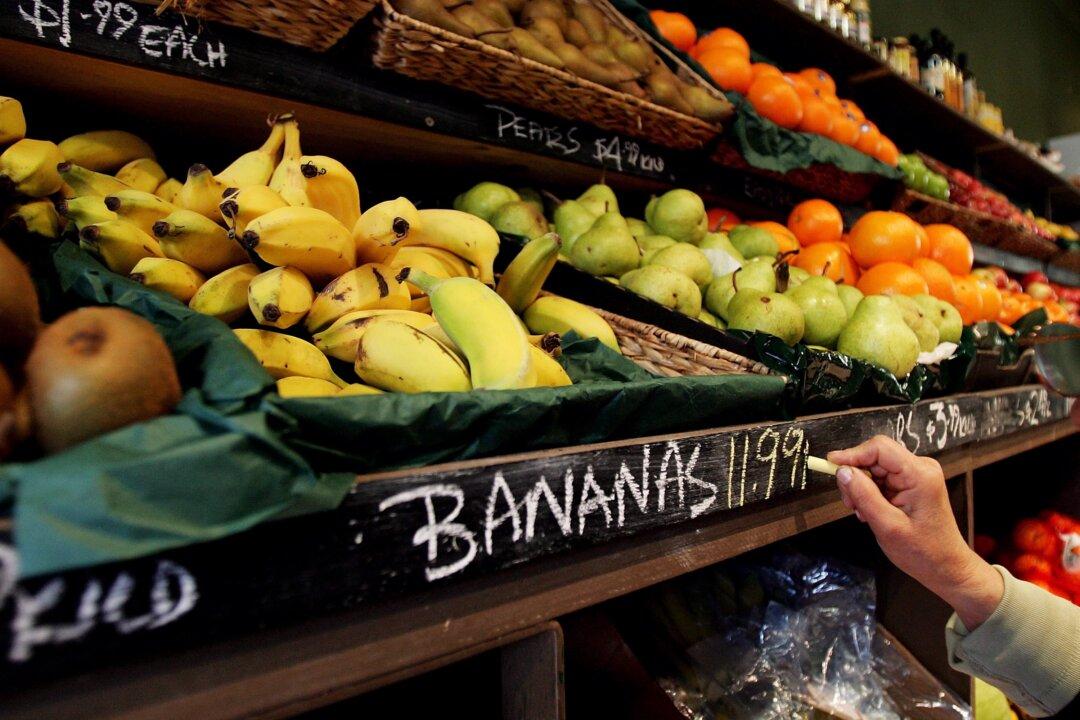Public health advocates are calling for action to curb obesity after fewer Australian children were found to be eating fruit and vegetables.
The number of children eating the recommended amount of fruit has dropped substantially, according to the Australian Bureau of Statistics’ National Health Survey results.





